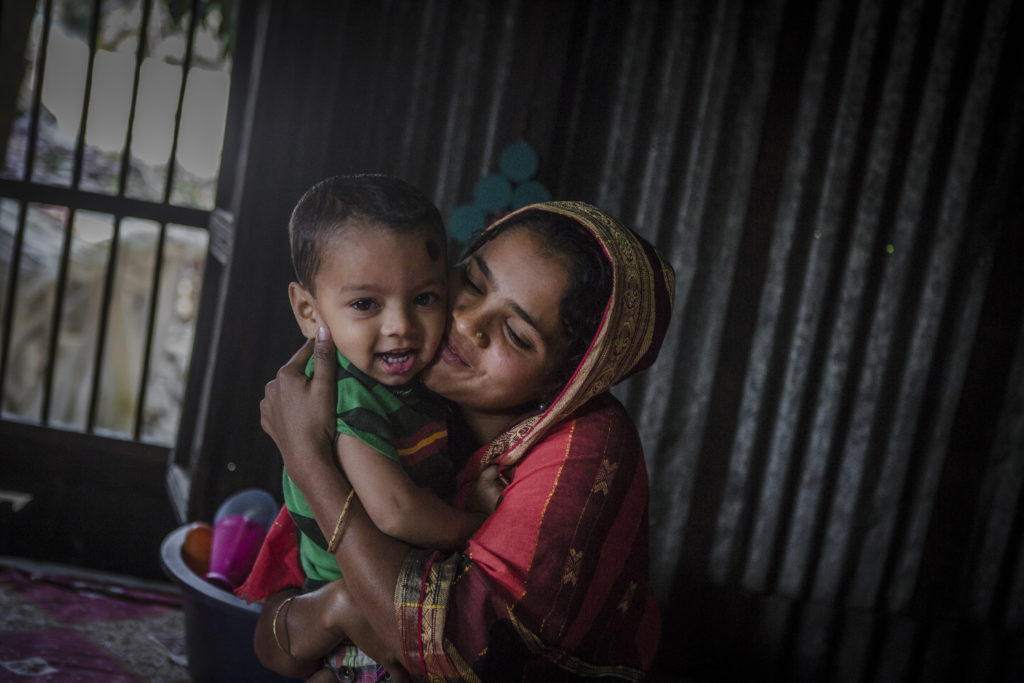:”In many contexts, the youngest mothers (ages 15-24) are less likely than older mothers to use health services, including postpartum family planning (PPFP), for themselves and their children, increasing their vulnerability to rapid repeat pregnancy and poor health outcomes. At this life stage, a period of rapid change and vulnerability, it is vital young mothers get the support they need, and it is increasingly seen as a window of opportunity to shape life-long practices. A growing body of program experiences have shed light on first-time parents’ (FTPs) needs and related programming considerations. Evidence shows that comprehensive approaches addressing individual, family, community, and health system factors can increase FTPs’ use of PPFP and other essential health services. While showing promising impact, these comprehensive approaches have proven challenging to scale.
In Save the Children’s large-scale projects, we have long seen that the mothers bringing young children to immunization services, participating in community nutrition groups, or receiving household visits from community health workers are often young themselves. FTPs are often being reached, but not necessarily targeted with interventions addressing their family planning needs—despite evidence that improving birth spacing through PPFP contributes to diverse project goals…”
